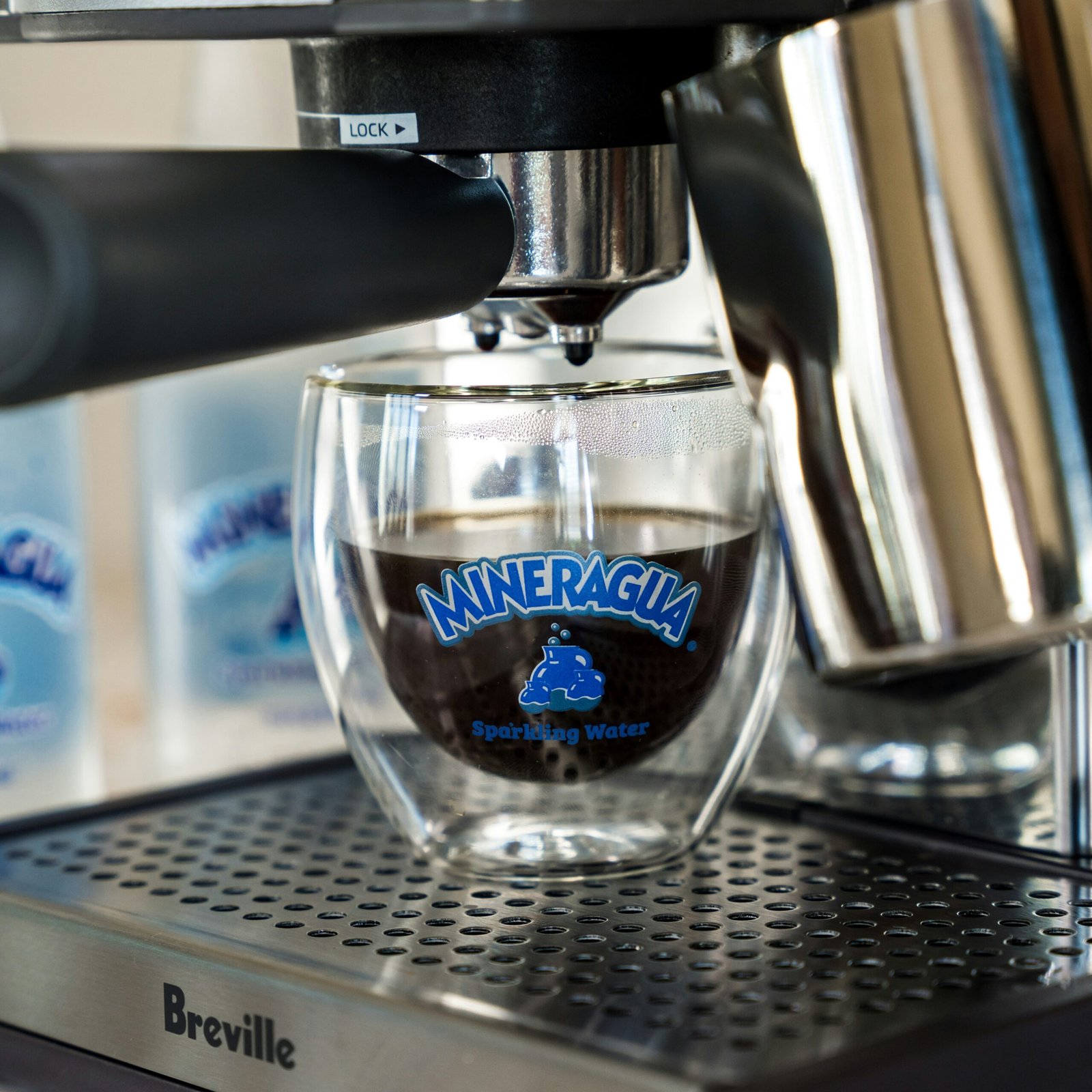The Origins of Coffee
Coffee, as we know it today, is a beloved beverage enjoyed by people all around the world. But have you ever wondered who invented coffee? The story of coffee dates back centuries and is intertwined with the history and culture of various regions. While it is difficult to pinpoint a single individual who can be credited with inventing coffee, we can explore its origins and how it became the popular drink it is today.
Discovery and Early Cultivation
The story of coffee begins in Ethiopia, a country located in the eastern part of Africa. According to popular legend, it was in Ethiopia that a goat herder named Kaldi first discovered the energizing effects of coffee. As the story goes, Kaldi noticed that his goats became particularly lively and energetic after consuming the berries from a certain type of tree. Intrigued, he decided to try the berries himself, and soon experienced the same invigorating effects.
Word of this newfound energy-boosting fruit spread, and coffee began to be cultivated and traded in the region. The beans were roasted and brewed to create a beverage that provided a much-needed burst of energy. Coffee soon became a staple in Ethiopian culture, with coffee ceremonies becoming an important social and cultural tradition.
Spread and Popularization
From Ethiopia, coffee made its way to the Arabian Peninsula, specifically to the region that is now modern-day Yemen. It was here that coffee cultivation and trade flourished. The Arabians were the first to roast coffee beans, grind them, and brew the beverage we are familiar with today.
As trade routes expanded, coffee began to make its way to other parts of the world. By the 15th century, coffee had reached the Middle East, Persia, and Turkey. Coffee houses, known as qahveh khaneh, started to emerge in these regions, serving as important social and intellectual hubs where people would gather to drink coffee, engage in conversations, and share ideas.
The popularity of coffee continued to grow, and by the 17th century, it had made its way to Europe. Coffee houses became a common sight in cities like London, Paris, and Vienna, attracting intellectuals, artists, and merchants. These establishments played a crucial role in the development of the Enlightenment era, as they provided spaces for the exchange of ideas and the dissemination of knowledge.
Industrialization and Modern Coffee Culture
The invention of the coffee filter in the early 20th century revolutionized the way coffee was brewed. This innovation allowed for a cleaner and more refined cup of coffee, and it paved the way for the rise of commercial coffee machines and the mass production of coffee.
In the modern era, coffee has become an integral part of daily life for many people. It has evolved into a global industry, with various brewing methods, flavors, and preparations. From traditional espresso-based drinks to trendy cold brews and artisanal pour-overs, there is a coffee beverage to suit every taste.
Today, coffee is not just a drink but a cultural phenomenon. It brings people together, fuels productivity, and serves as a source of comfort and enjoyment. Whether enjoyed at home, in a cozy café, or on the go, coffee continues to be a beloved beverage that has stood the test of time.
In conclusion, while there is no single individual who can be credited with inventing coffee, its origins can be traced back to Ethiopia and the discoveries made by goat herder Kaldi. From there, coffee spread throughout the Arabian Peninsula and eventually made its way to Europe, where it became a catalyst for intellectual and social exchange. Thanks to innovations in brewing and the rise of the coffee industry, coffee has become a beloved beverage enjoyed by people from all walks of life.








